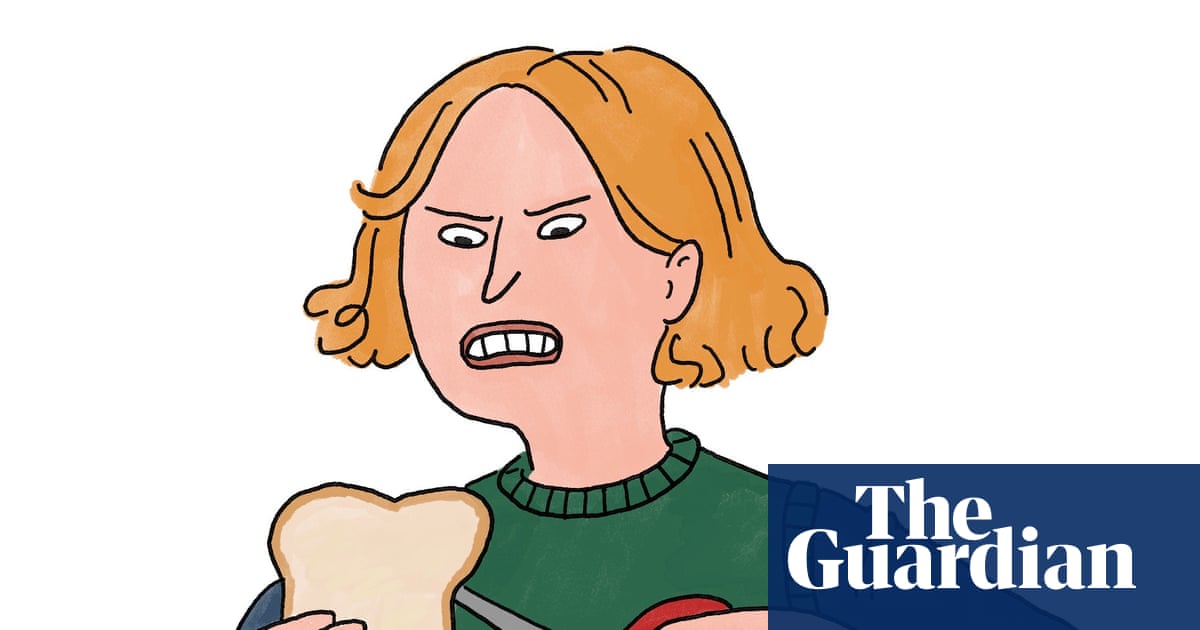
"Weight loss comes down to energy balance: consuming fewer calories than we burn. There are many ways to achieve this: exercising more, eating less, or choosing foods that are lower in calories. Cutting back on some carbohydrates can be one way to create this deficit, she says. Not because carbs are uniquely fattening, but because other macronutrients such as fibre, protein and fat tend to be more filling."
"She wouldn't advise the athletes she works with to completely cut out carbohydrates foods such as bread, grains, potatoes and sweets. However, she says, reducing carbohydrate intake can be beneficial for weight loss, if we can moderate total energy intake. Weight loss comes down to energy balance: consuming fewer calories than we burn. There are many ways to achieve this: exercising more, eating less, or choosing foods that are lower in calories."
Reducing carbohydrate intake can support weight loss when it helps lower total energy intake, since weight loss requires consuming fewer calories than are burned. Protein, fibre and fat tend to be more filling, so allocating calories to those macronutrients increases satiety and helps sustain a calorie deficit. Refined carbohydrates digest quickly and suit pre-workout snacks but are poor staple choices; higher-fibre options like brown rice and wholemeal bread release energy more slowly. Increasing carbohydrates on workout days supports adaptation and reduces illness risk, while cutting carbs on rest days can reduce energy intake if protein, fruit and vegetables remain included.
Read at www.theguardian.com
Unable to calculate read time
Collection
[
|
...
]